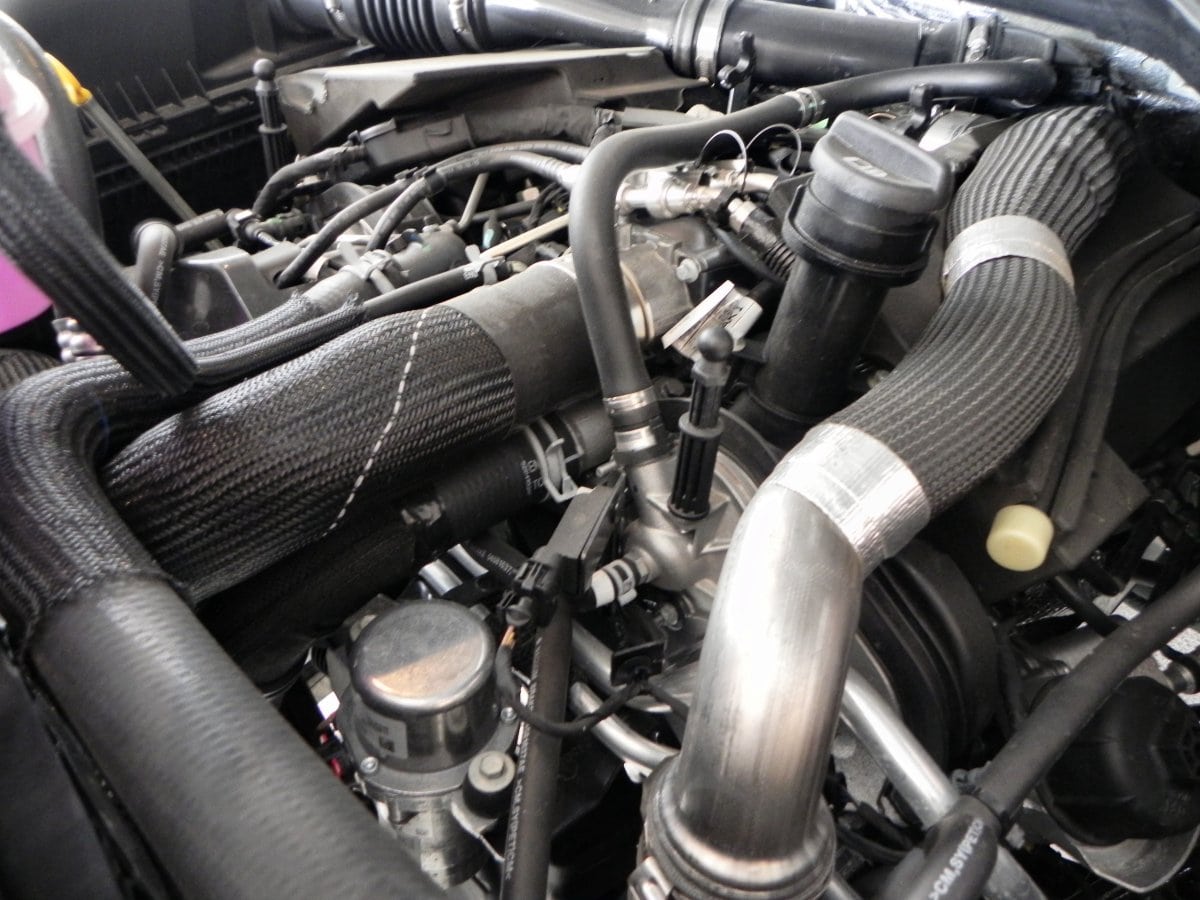There are a million practical reasons why you need to invest in a used car. Among them include; a used car has a lower fee on its registration and also, you also get to save a lot of bucks on the sale taxes. The most obvious reason why most people might consider investing in a used car is that the overall costs are cheaper and that it provides you with an opportunity to learn and be one with the car. Should you ever consider buying a used car, below are six things you need to factor in.
1. Create Your Car Comparison Guide
The fact that you are in the market for a used car should give you every reason to create a comparison guide for the most appropriate car you may want to be in your garage. You’ll, of course, want to be sure of its engine status, mileage, car features, and other functional aspects to mention but a few. To find a reliable car, you’ll want to evaluate the major factors that make up a car. And what better way than to create a comparison spreadsheet indicating the model, year of manufacturing, color, engine capacity, the interior and exterior condition of the vehicle, and the approximated cost of the vehicle. These are among the ways you’ll arrive at a more definitive car option.
2. Check The Vehicle’s Driving History
The last thing you’ll want is to get pulled over just because you are driving a vehicle that was in the past involved in a traffic violation such as a DUI, hit-and-run, or other relatable incidents. Explaining any of the aforementioned scenarios to the officer on duty will require that you be behind bars, something that you haven’t fathomed even in your wildest dreams.
Any used car has its backstory, and you’ll be better off with a used car with a shorter life story than one that has multiple pages of traffic violations. There are tools out there that can help you in determining a car’s driving history.
3. Negotiate For The Best Price
Just because you are buying a used car isn’t enough reason not to negotiate for the best price. There are so many car dealership outlets and all with set prices on the cars they sell. You also have car dealership agents who’ll want to make a great commission out of any sale. Be cautious of car dealership agents who are way over their heads in promoting a used car before discussing the car’s driving history or the car’s mechanical faults, if any. It’s for this reason that you need to enlist qualified mechanics for the car’s inspection. Among the factors that you can leverage when negotiating the best prices on a used car include:
- A higher mileage
- The number of hands the car has passed through
- The length of the warranty
- The general condition of the car including the paint’s condition, whether the taillights are in their best condition, windshield condition, whether there are any leaks underneath the hood, the car’s fuel economy, and desirability
4. A Car Inspection Is A Must
Before purchasing a used car, ensure to conduct thorough research not only on its driving history but also its mechanical functionality. You don’t want to end up with a lemon car just because you ignored to pop the hood and check the condition of the engine or take the car for a test drive to know if the transmission is as the dealer promised. There are so many moving parts that need to be taken into account if you are to make a sound purchase decision.
5. Be Sure To Validate The Car’s Ownership
You’ll want to be extra cautious when buying a used car because not all used cars will be clean in terms of ownership. The only way to be sure of this is to countercheck the paperwork by going through formal and legal car sale processes. Don’t forget to check the details of the previous car owner, whether they are legit or not. This information can be found by conducting an online search or checking in with a government car inspector.
6. Confirm The Car’s Insurance Policy
Before driving off from the car dealership, ensure to countercheck the car’s insurance policy. Most if not all states require that before driving on the highways, your car must be insured. Whether it’s a collision insurance policy, liability coverage, or comprehensive coverage, you’ll want to ensure that not only has the insurance policy been transferred to your name but that you have migrated to insurance coverage that suits you best.
The above are among the ways that will help you when buying a used car. The last thing you’ll want is to end up with a lemon car or have to incur additional costs after placing the final purchase offer. It’s not all about taking the car for a test drive but, and as you can clearly see, there are other factors that you’ll need to be considerate of before signing on the dotted lines.







